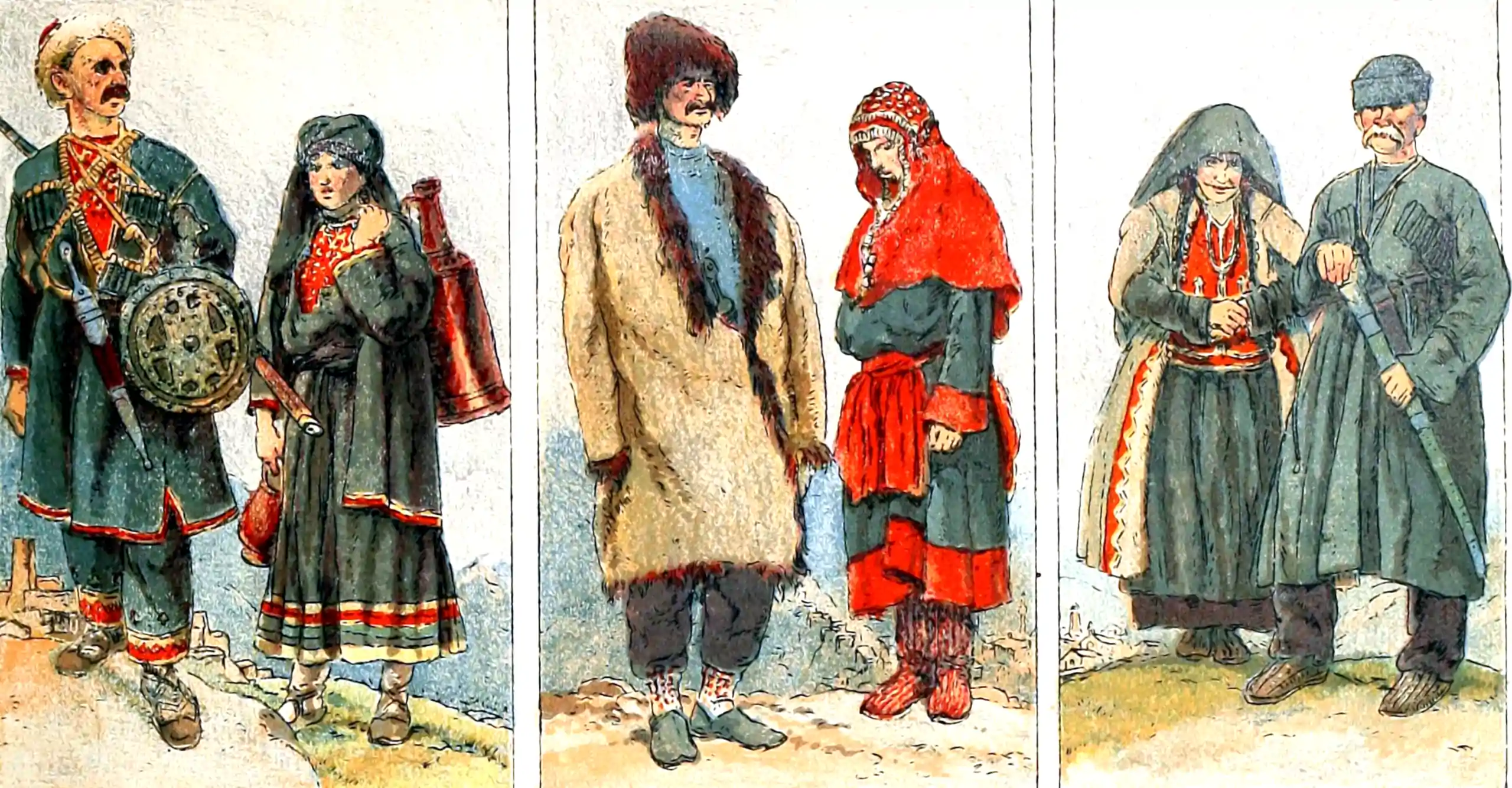Race, politics of
Ethnicity too
December 20, 2021 — March 3, 2022
Suspiciously similar content
Assumed audience:
People trying to understand what the term “race” does by reviewing the literature on what it is supposed to do
Content warning:
White guy trying to understand what race means in public discourse in Australia; links to texts which may offend due to political affiliation or era of author
I have little to say about race myself, but I want to understand what people are talking about when they talk about race. Here is where I bookmark some interesting links on that weird intersection between genetics, group politics, ethnic history, inequality, and fulminating diatribes that are the indicators of being involved in a race discussion.
1 Race for non-US denizens
To consider: How much of a problem is it that the many and diverse racial/ethnic frictions in the world are somehow disproportionately projected onto the American post-slavery state’s particular weirdness? Racial discrimination is fairly universal, but the US has its weird specificities.
2 Genes
Genetically speaking race is almost always very complicated. One of the complications, I argue, is that we seem ready to think that the genetics of race is simple, although we tend to disagree along partisan lines about precisely how it might be simple…
3 Folksonomy
But is genetics race? Certainly lineages are important. Which lineages become races obviously has a sociological and administrative angle. My taxi driver reckoned “Muslim” is a “race”, for example. In common use, there is a connection with ethnicities, and cultures and also census categories and a whole bunch of other things. Sociologically speaking, what people mean by race is wildly complicated, inconsistent, and is a moving target.
What does this mean statistically? We love regressing on categories in statistics. What does that mean? Sen and Wasow (2016) is a starting point:
Although understanding the role of race, ethnicity, and identity is central to political science, methodological debates persist about whether it is possible to estimate the effect of something immutable. At the heart of the debate is an older theoretical question: Is race best understood under an essentialist or constructivist framework? In contrast to the “immutable characteristics” or essentialist approach, we argue that race should be operationalized as a “bundle of sticks” that can be disaggregated into elements. With elements of race, causal claims may be possible using two designs: (a) studies that measure the effect of exposure to a racial cue and (b) studies that exploit within-group variation to measure the effect of some manipulable element. These designs can reconcile scholarship on race and causation and offer a clear framework for future research.
Connection: adversarial classification.
4 Incoming
-
Most people assume racism grows from a perception of human difference: the fact of race gives rise to the practice of racism. Sociologist Karen E. Fields and historian Barbara J. Fields argue otherwise: the practice of racism produces the illusion of race, through what they call “racecraft.” And this phenomenon is intimately entwined with other forms of inequality in American life. So pervasive are the devices of racecraft in American history, economic doctrine, politics, and everyday thinking that the presence of racecraft itself goes unnoticed.
Interview about this: Barbara Fields & Ta-Nehisi Coates in Conversation
Adolph Reed & Walter Benn Michaels, The Misguided Fixation on Racial Disparities
Adolph Reed & Walter Benn Michaels, Antiracism Can’t Overcome Capitalism
Leighton Woodhouse, Black Culture Matters
Schimmack on Psychological Science and Real World Racism
